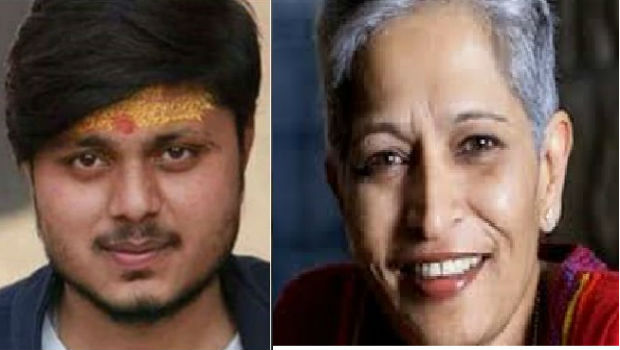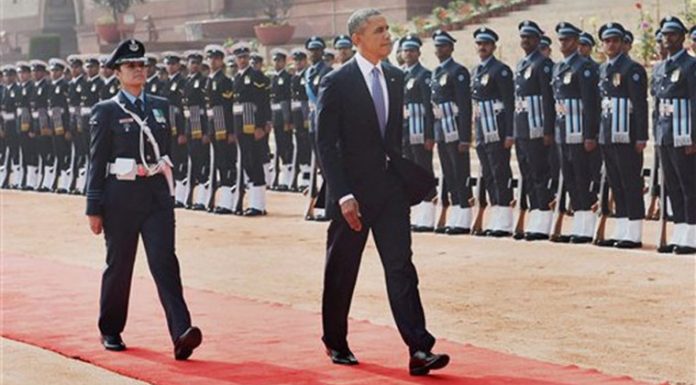Once upon a time, state funerals was a reserved affair. That is, it was reserved for a select few; such as the current and former Prime Ministers, Union Ministers and Chief Ministers. What’s more, the decision whether to accord a state funeral or not rested solely on the Central Government. Of course, much has changed since then.
For starters, there are no set guidelines in place. It is left upto the discretion of the state governments to decide who should be accorded with that honour. Thus today, state funerals are not reserved solely for the ministers but are accorded based on the stature of the person and his/her contributions to their respective field, state or the society at large. Thus, even those people can now receive state funerals who have contributed to the arts, sciences, law, politics, and society. This is why, for example, state funerals have been arranged for non-political personalities like Mahatma Gandhi and Mother Teresa.

If we look at the trend internationally, state funerals are reserved for head of states. Of course, when a state funeral is accorded to an individual who is not a state head, it is done because the deceased has made a significant contribution and is exceptionally distinguished, i.e. a public figure. This provides an opportunity to the entire state / nation to pay their last respects to the person. In fact, when Pope John Paul II passed away, the government of Kerala declared a three-day state mourning to pay homage to the departed soul.
In other words, state funerals are the highest honours that can be placed upon a person upon his or her death. Thus, it cannot be given away frivolously to anyone. This is why, there was much hue and cry on social media when slain journalist Gauri Lankesh received the 21-gun salute during her funeral.
Even though the Chief Minister’s office did try to clarify that Gauri Lankesh was not given a state funeral, which also involves the Indian flag protocol as per the Flag Code of India; the public did not differentiate between the two. To the general public, the two are one and the same. This is why there was a faction of people who were asking for state honours to also be bestowed upon the murdered Chandan Gupta who died during the Kasganj violence!
This, in fact, brings us to an important point; and that point is politics! When you do not have clear-cut guidelines in place with regards who can be given a state funeral, you are setting yourself up for petty partisan politics. This is what we saw during Gauri Lankesh’s funeral as well as Chandan Gupta’s. It is abhorrent, to say the least!
State funerals are a mark of utmost respect that a state or a nation pays to a deceased for their remarkable contribution made to the state or nation. To use such an honour to appease the public or for political gains is the highest level of disservice that politicians can do to their states/ nations, apart from wasting the exchequer’s money for their petty gains. After all, once you make a precedent, how can you change it? That is a question all governments need to answer: Are we going to give 21-gun salutes to all slain journalists and to all martyred students? Or can we at least let the deceased go in peace without embroiling them in petty politics! Can we at least respect them in their deaths?!? And maybe that would be the highest honour we could pay to the dead!































